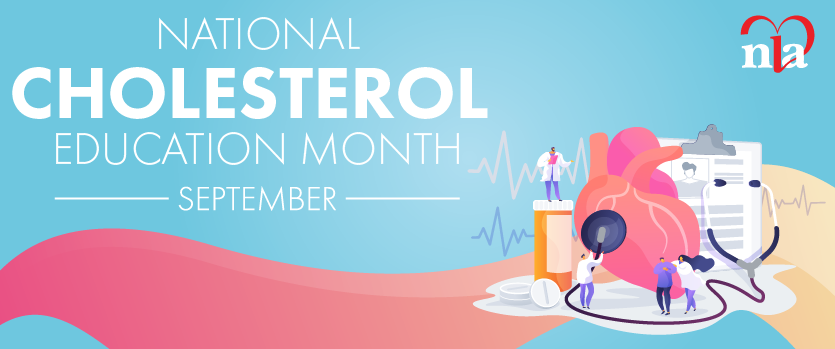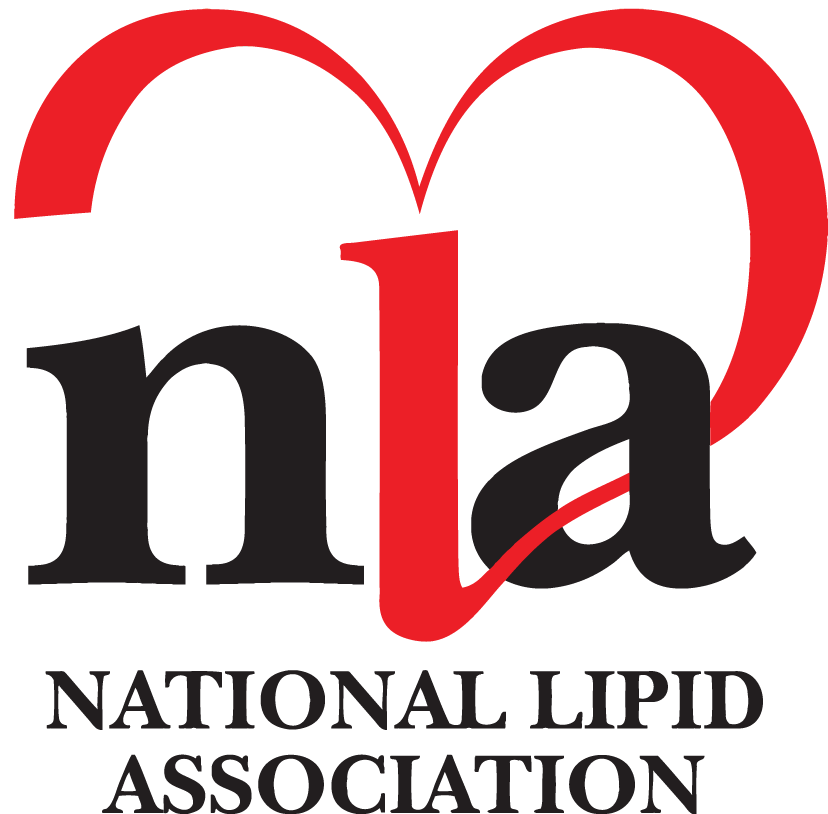What motivated you to become a member of the NLA?
A: My passion for lipid management had amplified during my ambulatory care pharmacy residency, where I participated in the pharmacy driven clinics, in part, managing patients with dyslipidemia. Upon completing my residency and beginning my career in academia, a colleague shared an email introducing the NLA and that they were having a conference in the New York City area. I jumped at the opportunity to attend the conference and was humbled with the meeting. That conference was eye opening in regard to how little I actually knew about lipid management. As the universe would have it, several months later, James Underberg, MD, FNLA was in search of a PharmD to collaborate with on the startup of the lipid clinic in Bellevue; he had me at lipids! Working in the lipid clinic alongside Dr. Underberg, the obvious next goal was to become a certified lipid specialist (CLS). I attended the Masters in Lipidology course, studied from the NLA Self-Assessment program (NLA-SAP) and took the exam as soon as I was eligible. Since then, I’ve attended every annual NLA Scientific Sessions, which has never failed to impress me.
Q: Which NLA-provided resources have you found to be the most helpful with your practice?
A: The NLA website has valuable information helping to keep myself and all its members up to date with the most recent literature, recommendations, statements and useful resources of the lipid world. I have enjoyed listening to the NLA Journal Club, especially the one discussing the findings of the FOURIER trial. In addition, I have found the patient tear sheets very useful in my practice, especially the summary on the importance of the ASCVD risk score. This assists in educating my patients of the significance of the ASCVD risk score and why it’s important to get their cholesterol under control. It’s a wonderful tool, and I recommend all NLA members take advantage of the patient tear sheets.
Overall, the NLA has been very instrumental in my professional growth. I have had the pleasure of serving on the NELA Board and on numerous committees. The experience has allowed me to work with other committee members on issues important to the NLA and the lipid world. The NLA has also provided opportunities to network with other health care practitioners from each discipline sharing in the same passion. I am often asked why I volunteer so much of my time to the NLA. What most may not appreciate is that after each NLA meeting, committee meeting, committee conference call, etc., I get to collaborate with some of the most wonderful, motivated, energetic, kind group of people I’ve ever had the privilege of working with. To reference the saying, “What you put in is what you get out of it,” no matter how much I put in, the NLA seems to always come on top, returning so much more. In short, I would describe the NLA as a family that strives to achieve the association’s mission and assists members to thrive in their careers and within the association.
Q: Becoming a Fellow that a big commitment. Why was it important to you?
A: Becoming a Fellow was a significant honor and truly humbling. I have been an active member of the NLA for over 10 years and becoming a Fellow further distinguished me as an expert in the field of Clinical Lipidology amongst my peers. Becoming a Fellow has further motivated me in promoting one of the NLA’s goals of “reducing death and disability related to disorders of lipid metabolism.” I encourage all members of the NLA to become a Fellow because it is a rewarding accomplishment!
Q: Do you feel that becoming a certified lipid specialist gives you more credibility when discussing patient outcomes and treatments?
A: Absolutely. My colleagues often turn to me for advice in managing their complex patients with dyslipidemia. There are times I’m stopped in the hallway by colleagues to discuss their own cholesterol panel or their families.
Q: What advice would you give to members of the NLA that are working toward their Fellowship?
A: Go for it! It’s a wonderful achievement. First, it is imperative to become certified in Clinical Lipidology, which is a requirement for Fellow status, either through the Accreditation Council for Clinical Lipidology (for all healthcare professionals) or the American Board of Clinical Lipidology (for physicians). This requires work, but it’s truly worthwhile. The candidate would have to take the Masters in Lipidology and complete the NLA Self- Assessment Program (NLA-SAP), both of which are helpful in the study process. Second, become involved in a committee matching your interests. Last and equally important is attending the NLA meetings. Aside from the wealth of information these conferences provide, they are a wonderful platform for networking with colleagues that love lipids. Because at the end of the day we are all lipid nerds and proud of it!






.jpg)
.png)











